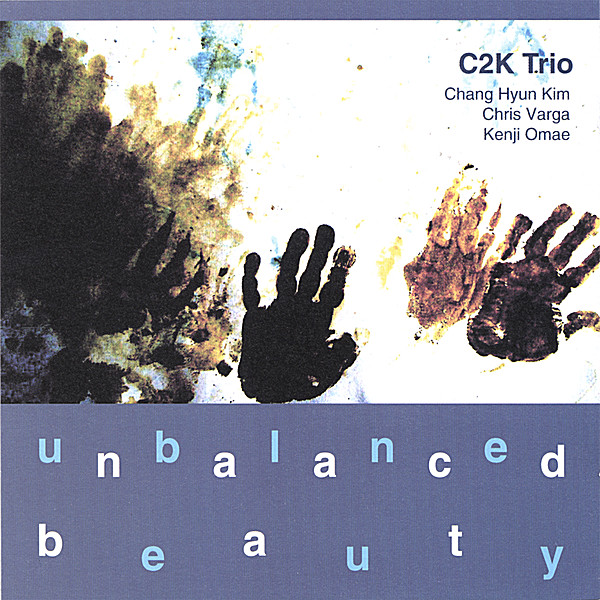
description
have been regarded as "universals," yet despite the fact that they have been frequently linked throughout history and topography, and despite the importance of music in the early stages of religious studies, their combined presence has not until now been considered a separate area of study and research. While there are well-developed fields of anthropology of religion, psychology of religion, and philosophy of religion, the widely recognized connections between religion and sound, chant, and music warrant comparable study. Drawing upon theories and methods in the study of both religion and music, referencing examples from world religious traditions, and addressing challenges posed by critics, this book envisions a unified field for religion and music: musicology of religion. Grounded in the scope and methods of phenomenology and comparative analysis, musicology of religion represents an innovative direction in interdisciplinary study, enriched by the social sciences, ethnomusicology, philosophy, theology, liturgical studies, and cognitive studies. As conceived, musicology of religion will spearhead new and creative paths in the study of religion.
member goods
No member items were found under this heading.
Return Policy
All sales are final
Shipping
No special shipping considerations available.
Shipping fees determined at checkout.







